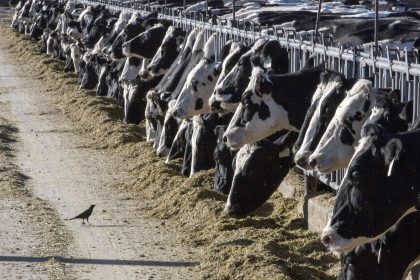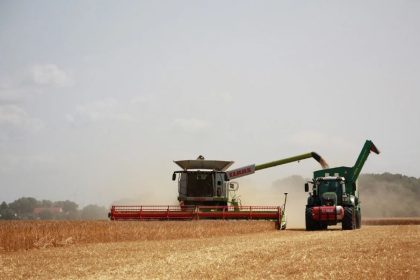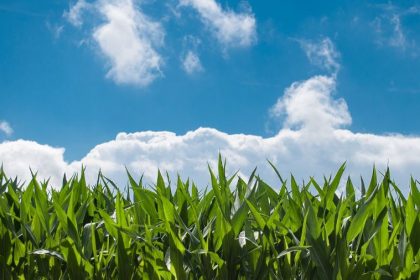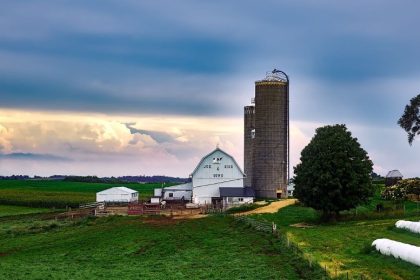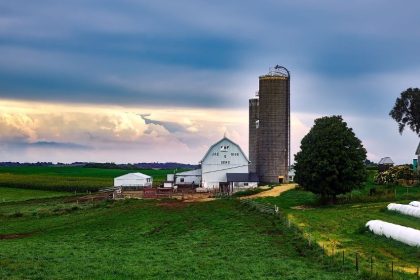Environmentalists, Others Assail Proposed Farm Bill Language on Biomass
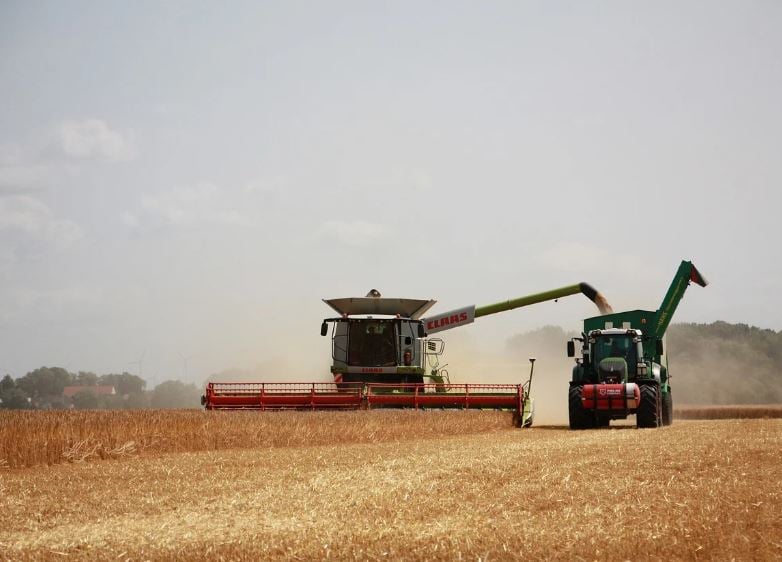
WASHINGTON — More than 130 groups, ranging from the Alaska Wilderness League to the Western Watersheds Project, signed on to a letter this week opposing proposed language in the House version of the Farm Bill that would deem biomass worthy of federal clean energy tax credits.
The Republican-led bill cleared the House Agriculture Committee early Friday morning by a vote of 33-21.
Prior to the vote, the panel adopted a handful of amendments on largely noncontroversial measures, including one advocating the House develop a strategy to better promote the development and adoption of sustainable aviation fuel.
In their letter, however, the advocacy groups said lawmakers on Capitol Hill have been misled by proponents of biomass and cajoled into deeming it a “clean energy,” when, they claim, the burning of biomass releases more climate-warming gases than burning coal.
In doing so, they said, “biomass wood pellet plants … release hazardous air pollution into nearby communities, and oftentimes these facilities are located close to communities of color already forced to deal with environmental injustices.”
“The language in the House Farm Bill would wrongly declare biomass energy as clean energy, a move that ignores voices from affected communities and contradicts the science,” the groups wrote.”The declaration is a transparent effort to open the door for this harmful industry to receive clean energy benefits from the Inflation Reduction Act.
“To be clear: our tax dollars should not go to dirty, polluting biomass energy companies that masquerade as a climate solution,” they said.
The Farm Bill authorizes Agriculture Department programs covering everything from crop insurance to school nutrition programs to advanced clean energy initiatives that use crops as their feedstock.
While staving off cuts to the nutrition program has been a focus of congressional Democrats, environmental groups have been carefully watching the drafting of those areas of the package that deal directly with reducing emissions related to climate change.
The last time Congress successfully passed a Farm Bill was in 2018, and that legislation was set to expire on Sept. 30, 2023. The expiration date was extended for a year as part of the stopgap spending bill passed to avoid a government shutdown in November 2024.
In a bid to meet this year’s deadline, which falls in the heart of election season, the House and Senate Agriculture Committees released their draft versions of their respective Farm Bills on May 1.
A summary released by the House panel states that the goal of its version of the farm bill is to encourage the use of biofuels, while also advancing research into future bioproducts and viable feedstocks.
Among other things, the House bill would revise the Agriculture Department’s existing Biorefinery, Renewable Chemical and Biobased Product Manufacturing Assistance Program by expanding eligibility for biobased product manufacturing technologies and authorizing the agency to waive the requirement to demonstrate the commercial viability of their products.
The bill reauthorizes the Bioenergy Program for Advanced Biofuels and the Biomass Crop Assistance Program, and maintains the authority for and investments in the Higher Blends Infrastructure Incentive Program.
The bill also reauthorizes the USDA’s BioPreferred Program, and funds a study aimed at fostering nationally uniform labeling standards for bioproducts.
In their letter, the opponents of the biomass provisions insist they stand in “stark juxtaposition to the stances of numerous scientific authorities” and that these energy sources “would place many rural communities at risk.”
“At the smokestack, the use of woody biomass for electricity is inefficient and emissive, both in terms of greenhouse gas emissions and in health-harming co-pollutants. Communities have actively resisted biomass-burning facilities,” they write.
“The growth of the wood pellet industry to produce pellets for export, fundamentally based on the same faulty premise of carbon neutrality, has produced a tremendous public health toll,” the letter continues. “They emit harmful air pollutants including particulate matter, carbon monoxide, and volatile organic compounds, as well as hazardous air pollutants like acrolein and methanol.
“The burden of the co-pollutants from both biopower and biomass densification has overwhelmingly fallen upon economically distressed and environmental justice communities. Government policies should be based on accurate accounting of the life cycle climate impacts of biomass,” the letter says.
“We must consider the amount of climate pollution generated when harvesting, transporting, and processing wood, as well as combusting it. Doing so reveals that, even if new trees are planted, it would take too long for new trees to catch up and recapture carbon — anywhere from 40 to 100 years or more, well beyond the time frame in which the world must cut carbon pollution to address the worst impacts of climate change,” the letter writers add.
Despite the passion of the debate heading into Memorial Day weekend, differences over the Farm Bill aren’t likely to be resolved in the coming weeks. In fact, House Agriculture Chairman Glenn Thompson, R-Pa., has told reporters he doesn’t believe his committee’s bill will reach the House floor until September at the earliest due to the chamber’s need to attend to appropriations matters.
If and when the latest versions of the Farm Bill are passed by their respective chambers, the two versions will have to go to a conference committee to be reconciled. Once that happens, the final version must get both House and Senate approval before it can be signed into law.
Dan can be reached at [email protected] and @DanMcCue



















